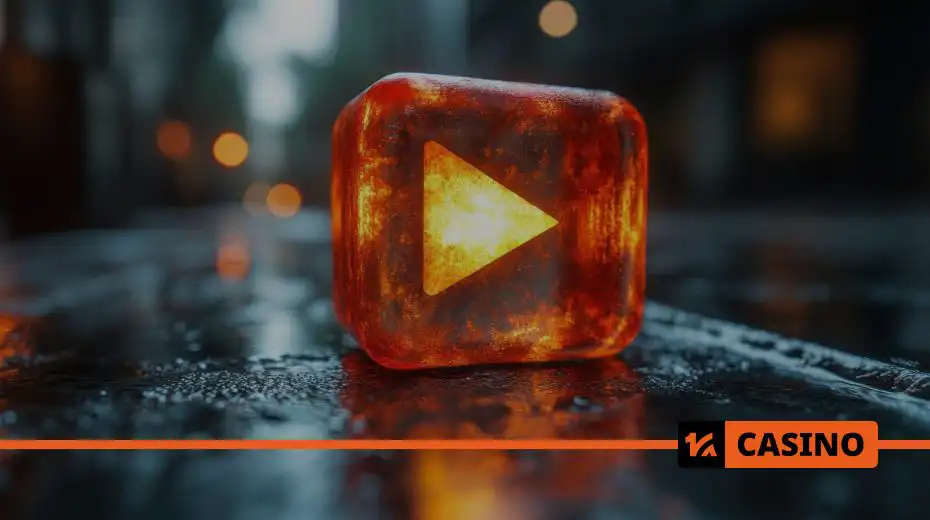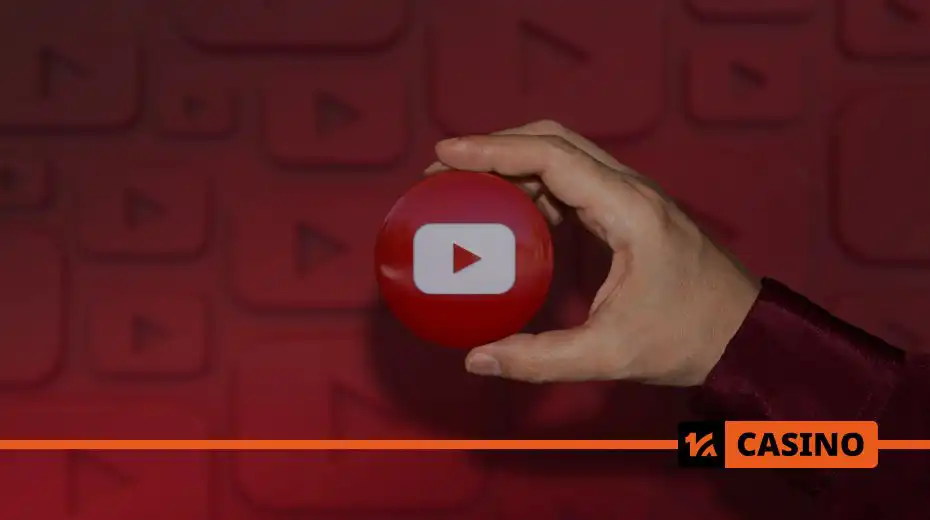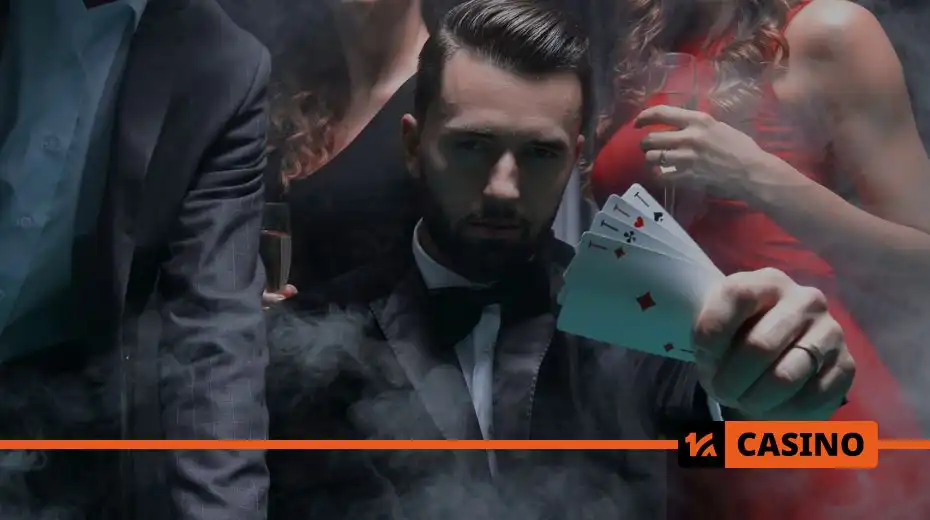YouTube tightens control over gambling content
YouTube has joined platforms imposing restrictions on online casino-related content. Unlike the mild adjustments of past years, the platform’s new policy represents a strict ban on content promoting “unlicensed gambling sites”. This means that sites without a local license in a specific jurisdiction will now face sanctions, even if they are legal in other countries.
This move mirrors Twitch’s policy, which banned gambling ads in 2022 for similar reasons. However, YouTube goes further by prohibiting not only direct advertising integrations but also any promotional elements, including:
- Logos of casinos appearing in the frame
- Graphic inserts mentioning unlicensed operators
- Verbal mentions of brands in videos
- Descriptions containing links to gambling websites

Age restrictions and combating misinformation
In addition to banning the promotion of unlicensed operators, YouTube is tightening control over general gambling content. Now, videos related to betting and casinos will automatically be subject to age restrictions.
If a user is not logged in or has not verified their age, they will not be able to watch such videos. This applies not only to direct advertising but also to entertainment content related to casinos and betting.
Moreover, YouTube has started combating misleading information. Videos claiming that gambling is a way to achieve “guaranteed earnings” will now also face sanctions. This move echoes U.S. policies against the term “risk-free betting,” which has been banned in several states.
Global policy: unified standards for all countries
YouTube operates on a global scale, making its rules uniform for all users regardless of region. This creates certain challenges, as gambling regulations vary by country. For example:
| Country | Gambling Regulation | Possible Consequences of YouTube’s Changes |
| USA | Licensing varies by state | Channels may face sanctions due to differing state laws |
| UK | Strict control, UKGC licenses required | Content with unlicensed operators will be blocked |
| Italy | Heavy restrictions | YouTube introduces content filtering under regulator pressure |
| Canada | Regional licenses | Channels promoting sites without a local license risk removal |
Thus, content creators targeting an international audience must consider that the platform applies the strictest possible standards.
What lies ahead for content creators?
These changes will affect not only channels that directly promote gambling but also bloggers reviewing the gambling industry. Potential consequences include:
- Demonetization — YouTube may disable ads on gambling-related videos, even if they do not contain direct casino advertising.
- Video Removal — Videos featuring unlicensed operators may be deleted without warning.
- Channel Bans — Accounts may be suspended for repeated violations.
Content creators will either have to completely abandon partnerships with unlicensed casinos or seek alternative platforms such as Telegram, Rumble, or Kick, which currently do not have such strict restrictions.

Conclusions
YouTube’s policy update is another step in the global fight against unlicensed online casinos. The platform follows the general trend of gambling content regulation, mirroring the actions of Twitch and social networks.
For those in the gambling industry, this means revisiting advertising strategies and searching for new promotional channels. At the same time, it creates a safer environment for users, reducing the likelihood of exposure to illegal sites.
YouTube is implementing the new rules without a transition period, and their impact will be felt as early as March 19. The only question is whether other video platforms will follow suit.
Source: YouTube



Comments
No comments yet